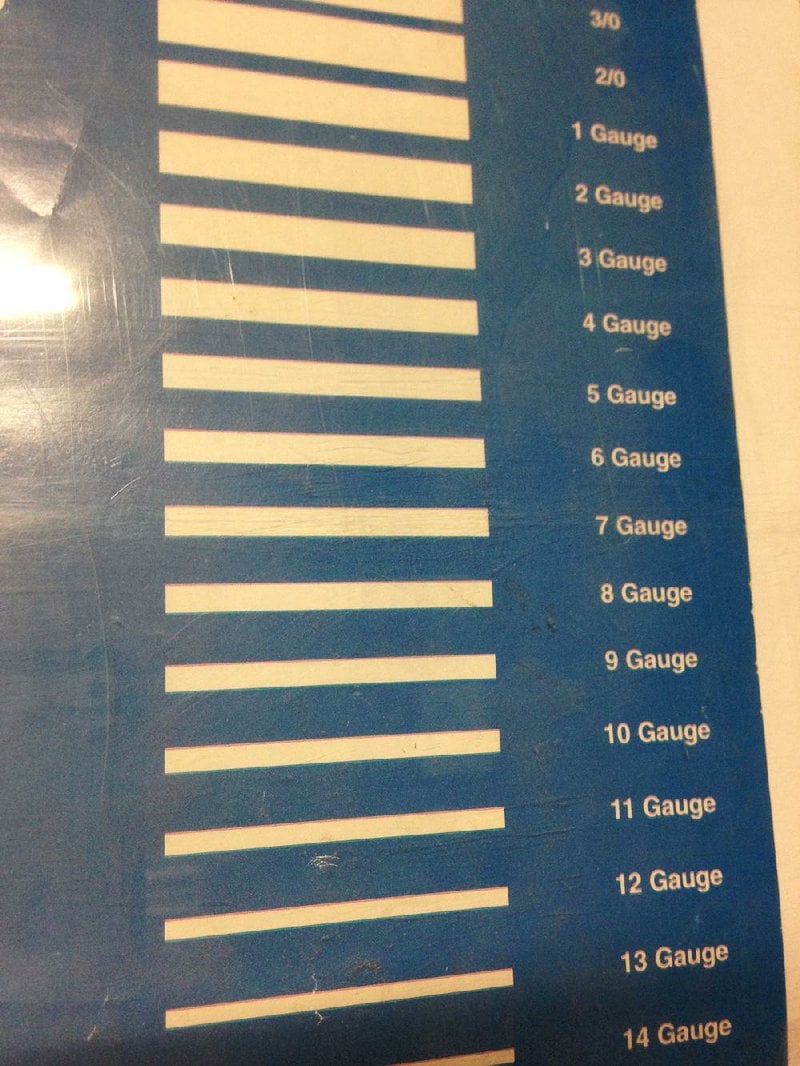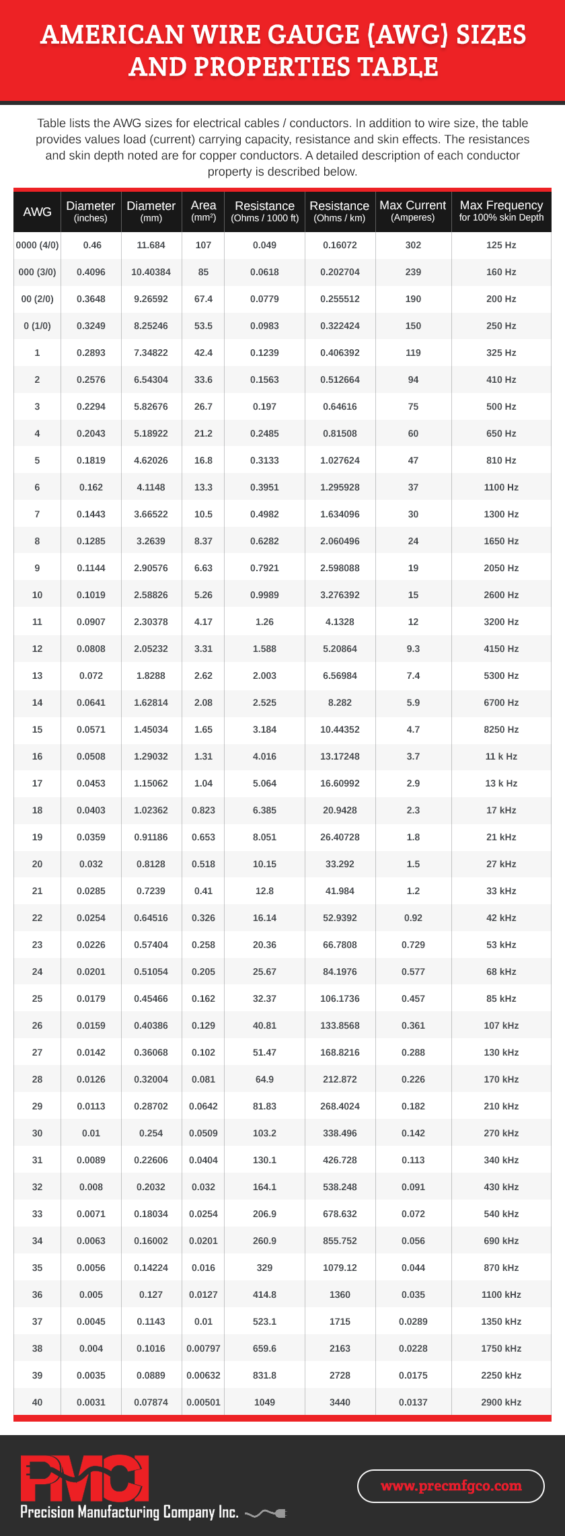1. Gauge Comparison: 18 Gauge vs 22 Gauge Kitchen Sinks
If you're in the market for a new kitchen sink, one important factor to consider is the gauge of the sink. The gauge refers to the thickness of the metal used to make the sink, with a lower gauge number indicating a thicker and more durable sink. In this article, we will compare the popular 18 gauge and 22 gauge kitchen sinks to help you make an informed decision for your home.
2. Choosing the Right Gauge for Your Kitchen Sink
When it comes to choosing the right gauge for your kitchen sink, there are a few things to consider. The first is the type of material you want your sink to be made of, with stainless steel being the most common option. The second is the size and style of your sink, as a larger and deeper sink may benefit from a thicker gauge. Finally, think about your budget and how much you are willing to spend on your sink.
3. Pros and Cons of 18 Gauge and 22 Gauge Kitchen Sinks
Both 18 gauge and 22 gauge kitchen sinks have their own set of pros and cons. Let's take a look at them to help you decide which one is the right fit for your kitchen.
4. What is the Difference Between 18 Gauge and 22 Gauge Kitchen Sinks?
The main difference between 18 gauge and 22 gauge kitchen sinks is the thickness of the metal. 18 gauge sinks are 0.05 inches thick, while 22 gauge sinks are 0.03 inches thick. This may not seem like a significant difference, but it can affect the overall durability and price of the sink.
5. 18 Gauge vs 22 Gauge Stainless Steel Kitchen Sinks: Which is Better?
When it comes to stainless steel kitchen sinks, both 18 gauge and 22 gauge options are popular choices. However, 18 gauge sinks are generally considered to be of higher quality and better for heavy use. They are also less likely to show water spots and scratches, making them a better choice for busy kitchens.
6. Comparing the Durability of 18 Gauge and 22 Gauge Kitchen Sinks
In terms of durability, 18 gauge kitchen sinks are the clear winner. The thicker metal makes them more resistant to dents and scratches, making them a better choice for heavy use. However, 22 gauge sinks can still be a good option for lighter use or in a secondary kitchen.
7. 18 Gauge vs 22 Gauge Kitchen Sinks: Which is More Affordable?
If budget is a major concern for you, 22 gauge kitchen sinks may be the better choice. They are generally more affordable than 18 gauge sinks, making them a great option for those looking to save some money without sacrificing too much in terms of quality.
8. Understanding the Gauge Measurement for Kitchen Sinks
It's important to note that the gauge measurement only applies to stainless steel sinks. Other materials, such as cast iron or granite composite, have their own measurement systems. It's also worth mentioning that the lower the gauge number, the thicker and more durable the sink will be.
9. How to Choose the Right Gauge for Your Kitchen Sink
Ultimately, the right gauge for your kitchen sink will depend on your personal preferences and budget. If you have a larger or busier kitchen, it may be worth investing in an 18 gauge sink for its durability. However, if you're on a tight budget or have a smaller kitchen, a 22 gauge sink may be a suitable and more affordable option.
10. 18 Gauge vs 22 Gauge Kitchen Sinks: Which is More Scratch Resistant?
When it comes to scratch resistance, 18 gauge sinks are generally considered to be more durable. The thicker metal makes them less likely to show scratches, making them a better choice for heavy use. However, with proper care and maintenance, both 18 gauge and 22 gauge sinks can last for many years without showing significant signs of wear and tear.
In conclusion, the decision between an 18 gauge and 22 gauge kitchen sink ultimately comes down to your individual needs and preferences. Consider your budget, the size and style of your sink, and how much wear and tear your sink will be subjected to in order to make the best choice for your home. Whichever gauge you choose, make sure to properly care for and maintain your sink to ensure its longevity and durability.
The Basics of Gauge
 Before we delve into the differences between 18 gauge and 22 gauge kitchen sinks, it's important to understand what gauge actually means.
Gauge is a unit of measurement that determines the thickness of the metal used in a sink.
The lower the gauge number, the thicker the metal is. In other words,
an 18 gauge kitchen sink is thicker than a 22 gauge kitchen sink.
This may seem like a small difference, but it can make a big impact on the overall performance and durability of your sink.
Before we delve into the differences between 18 gauge and 22 gauge kitchen sinks, it's important to understand what gauge actually means.
Gauge is a unit of measurement that determines the thickness of the metal used in a sink.
The lower the gauge number, the thicker the metal is. In other words,
an 18 gauge kitchen sink is thicker than a 22 gauge kitchen sink.
This may seem like a small difference, but it can make a big impact on the overall performance and durability of your sink.
Pros and Cons of 18 Gauge Kitchen Sinks
 18 gauge kitchen sinks are the most popular choice among homeowners and designers.
This is because they offer a good balance between durability and cost.
The thicker metal makes them more resistant to denting, scratching, and general wear and tear.
They also tend to have a more luxurious and high-end look, which can add value to your kitchen. However,
the downside of an 18 gauge sink is that it can be more expensive than a 22 gauge sink.
Additionally, the thicker metal can make the sink heavier, which may require extra support during installation.
18 gauge kitchen sinks are the most popular choice among homeowners and designers.
This is because they offer a good balance between durability and cost.
The thicker metal makes them more resistant to denting, scratching, and general wear and tear.
They also tend to have a more luxurious and high-end look, which can add value to your kitchen. However,
the downside of an 18 gauge sink is that it can be more expensive than a 22 gauge sink.
Additionally, the thicker metal can make the sink heavier, which may require extra support during installation.
Pros and Cons of 22 Gauge Kitchen Sinks
 22 gauge kitchen sinks are a more budget-friendly option and are commonly used in rental properties and budget-conscious kitchen designs.
They are lighter in weight and easier to install, which can be a major advantage. However,
the thinner metal makes them more prone to denting and scratching.
They may also have a less luxurious appearance, which may not be ideal for those looking for a high-end kitchen design.
22 gauge kitchen sinks are a more budget-friendly option and are commonly used in rental properties and budget-conscious kitchen designs.
They are lighter in weight and easier to install, which can be a major advantage. However,
the thinner metal makes them more prone to denting and scratching.
They may also have a less luxurious appearance, which may not be ideal for those looking for a high-end kitchen design.
Which One Is Right for You?
 Ultimately, the decision between an 18 gauge and 22 gauge kitchen sink comes down to your personal preferences and budget.
If durability and a luxurious appearance are your top priorities, then an 18 gauge sink may be the better choice.
However,
if affordability and ease of installation are more important, then a 22 gauge sink may be the way to go.
In either case,
it's important to choose a high-quality sink from a reputable brand to ensure long-lasting performance.
Ultimately, the decision between an 18 gauge and 22 gauge kitchen sink comes down to your personal preferences and budget.
If durability and a luxurious appearance are your top priorities, then an 18 gauge sink may be the better choice.
However,
if affordability and ease of installation are more important, then a 22 gauge sink may be the way to go.
In either case,
it's important to choose a high-quality sink from a reputable brand to ensure long-lasting performance.
In Conclusion
 When it comes to choosing the right kitchen sink for your house design, you can't go wrong with either an 18 gauge or 22 gauge sink.
Both have their own unique advantages and disadvantages, and it ultimately boils down to your personal preferences and budget.
Whichever you choose, make sure to do your research and invest in a high-quality sink that will serve you well for years to come.
When it comes to choosing the right kitchen sink for your house design, you can't go wrong with either an 18 gauge or 22 gauge sink.
Both have their own unique advantages and disadvantages, and it ultimately boils down to your personal preferences and budget.
Whichever you choose, make sure to do your research and invest in a high-quality sink that will serve you well for years to come.

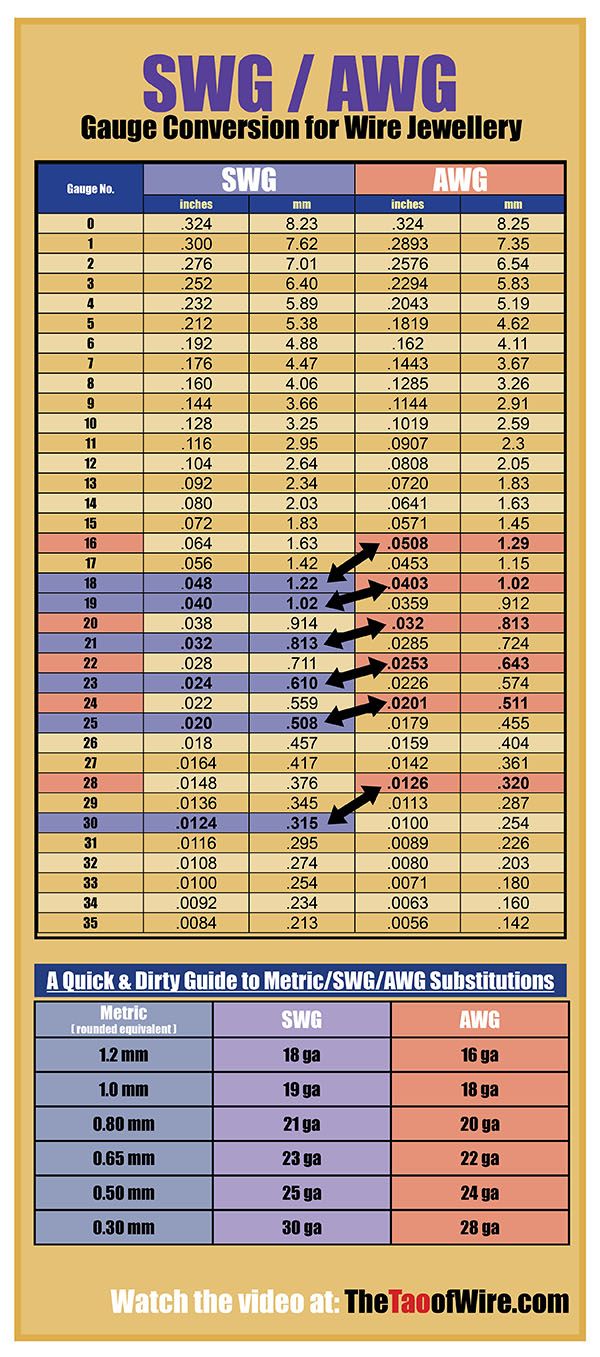

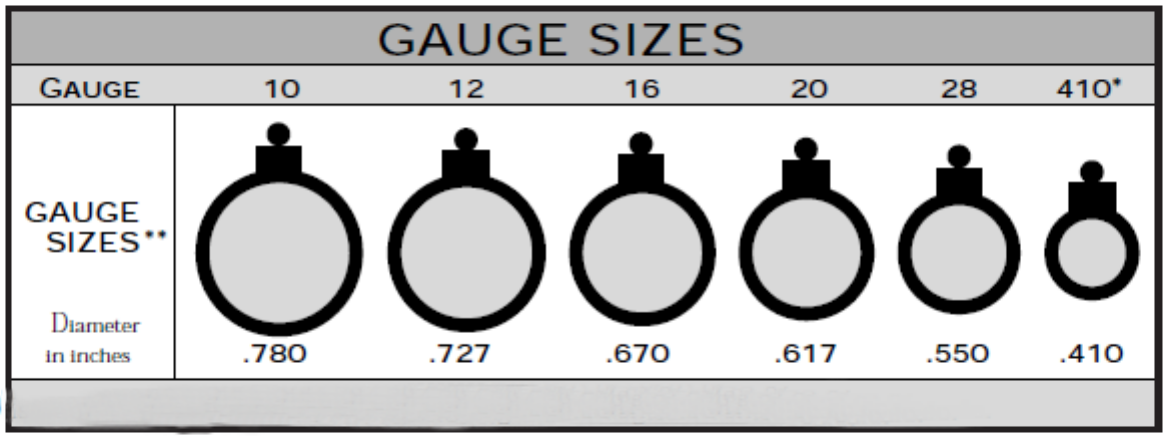

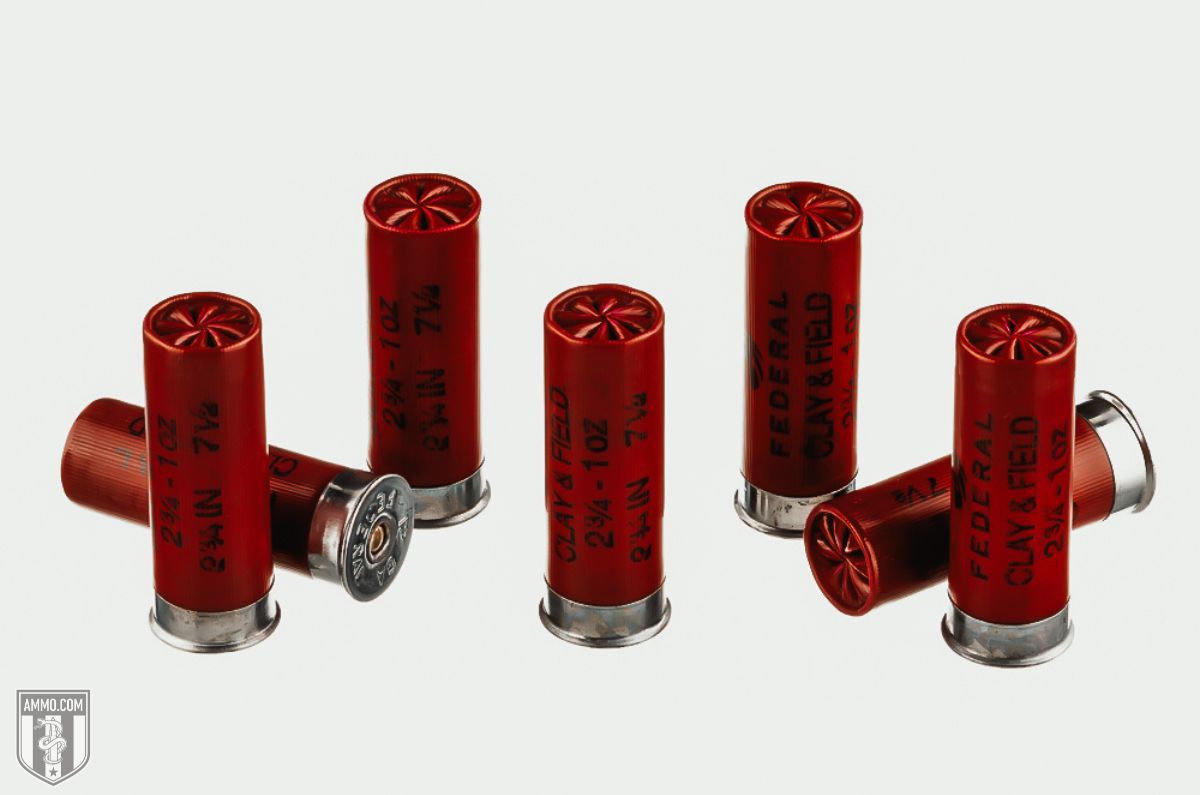




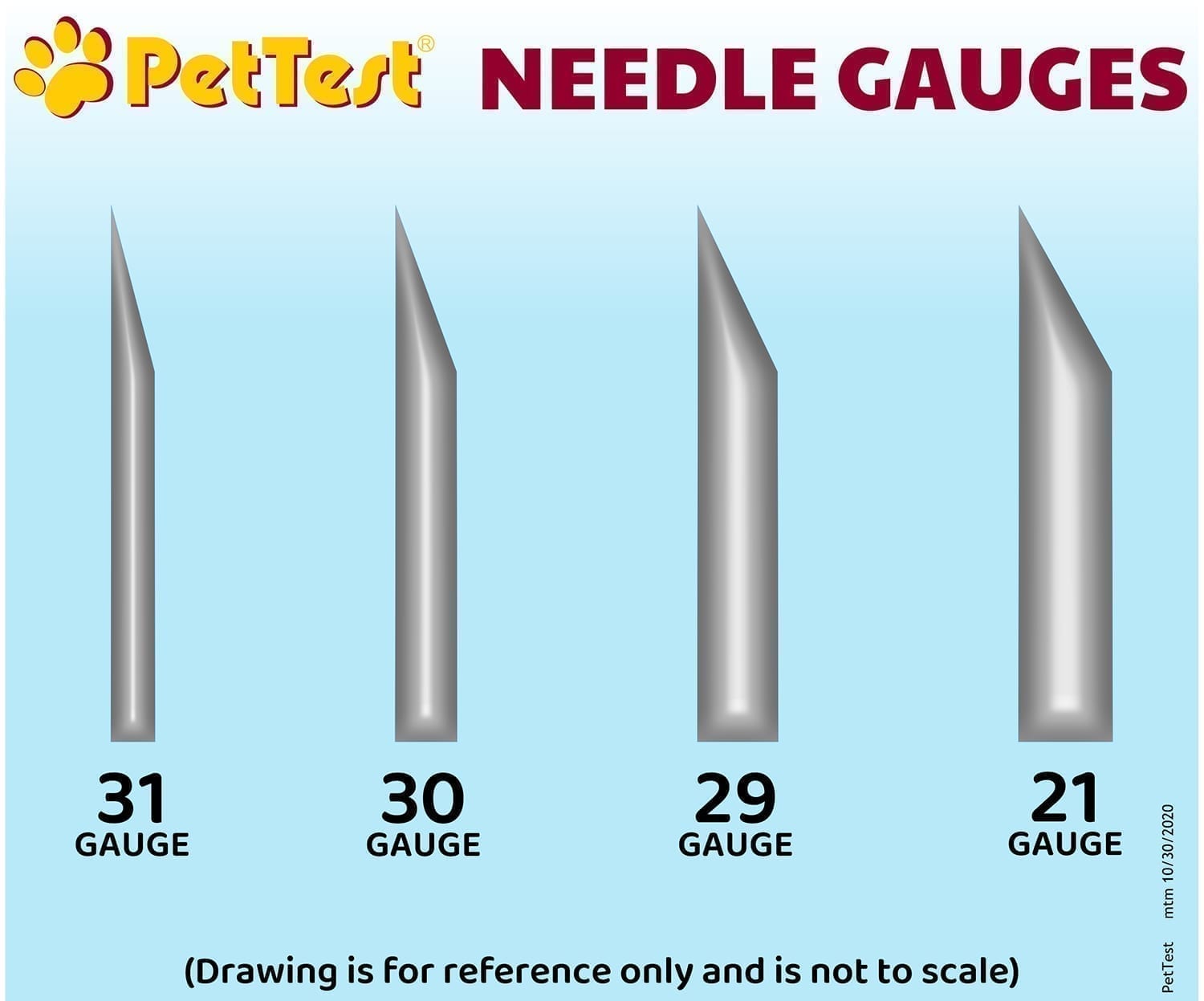
























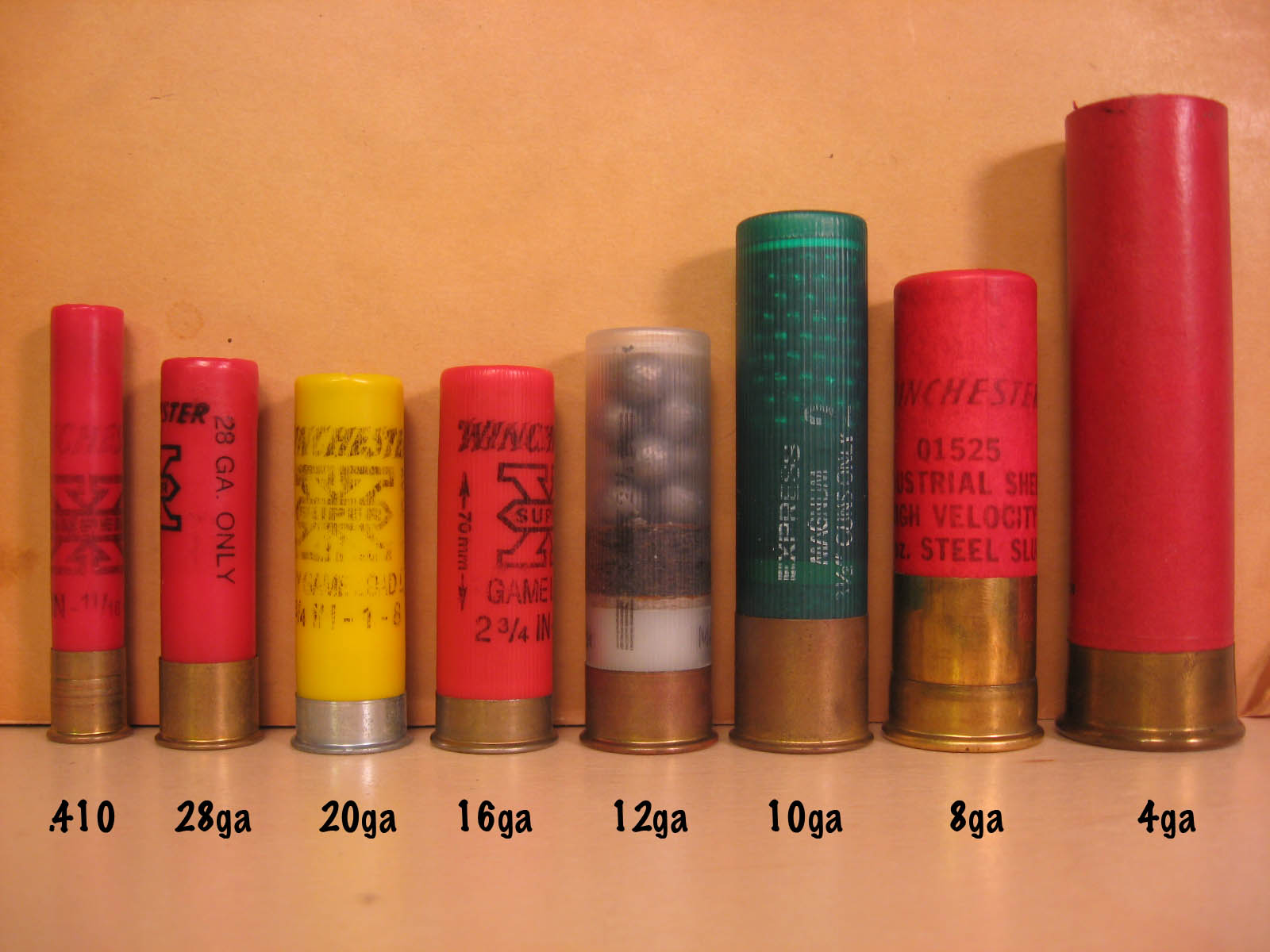
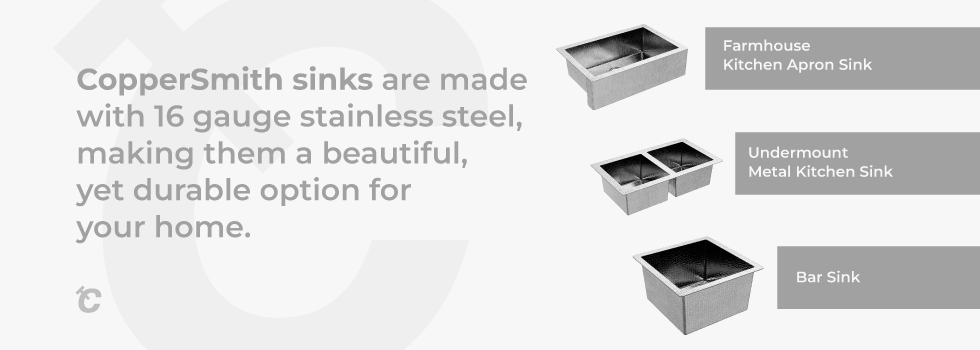
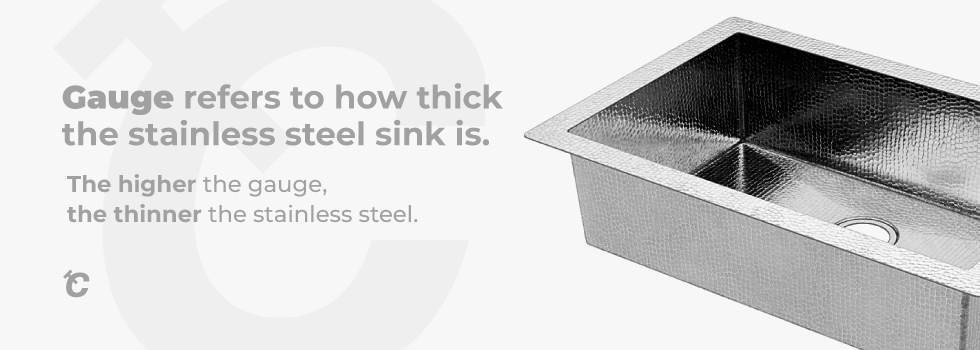


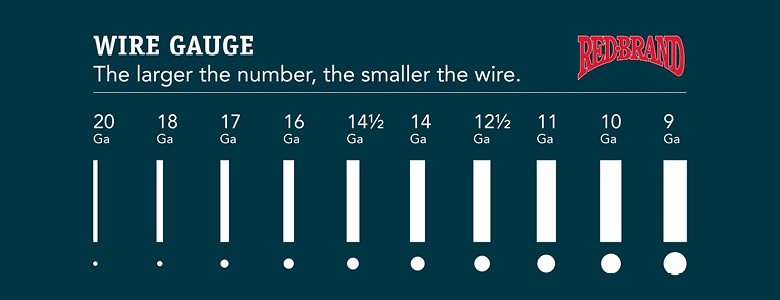
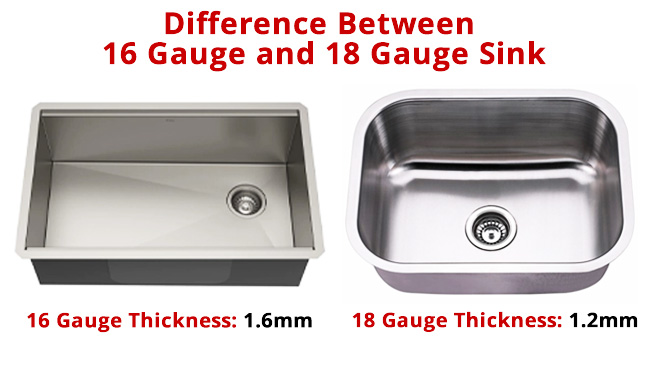
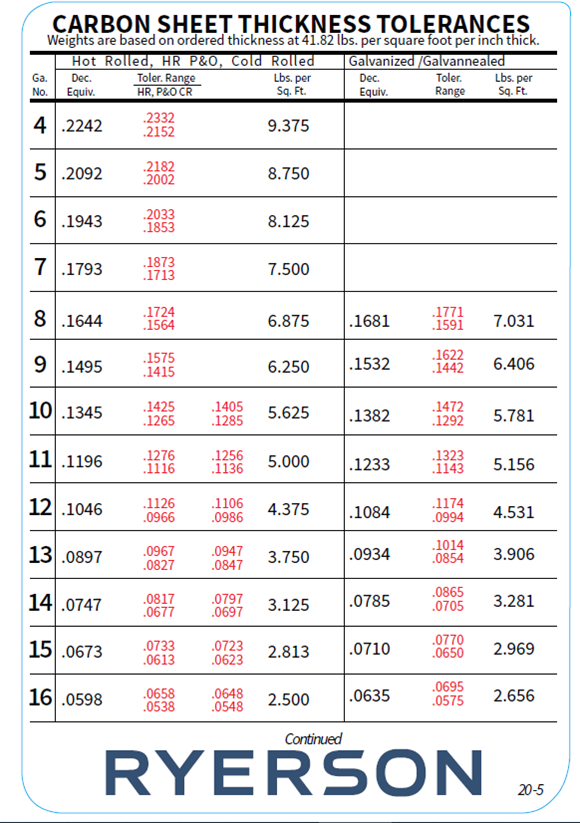



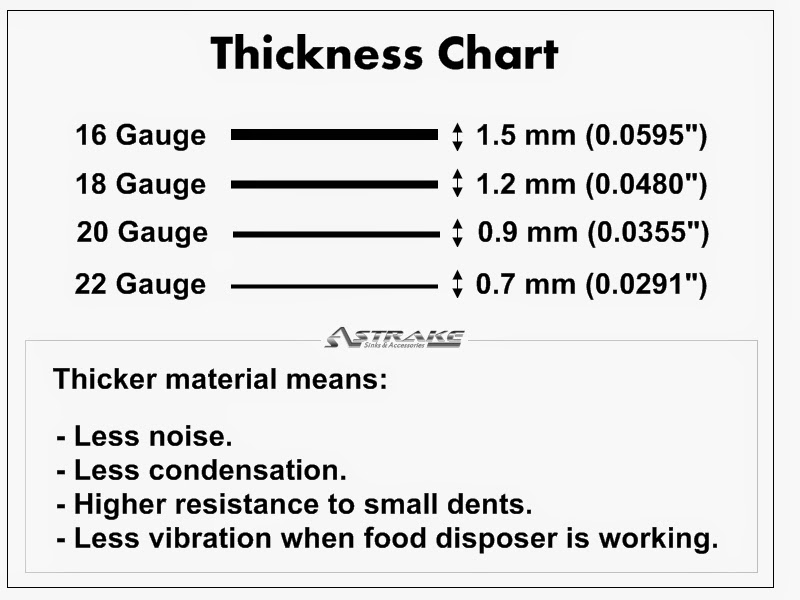


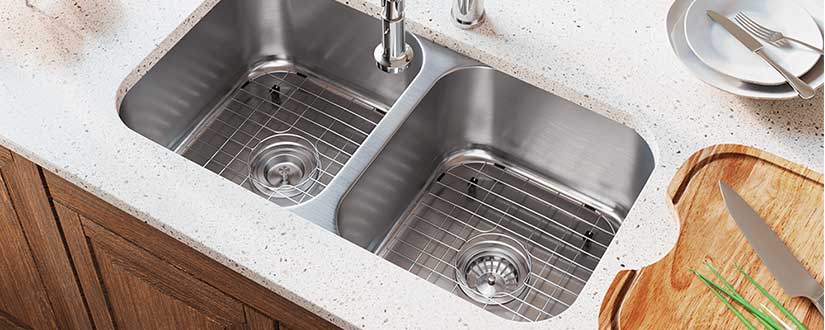


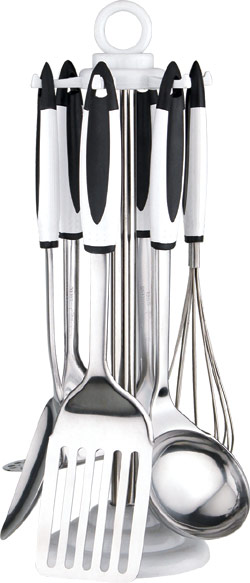


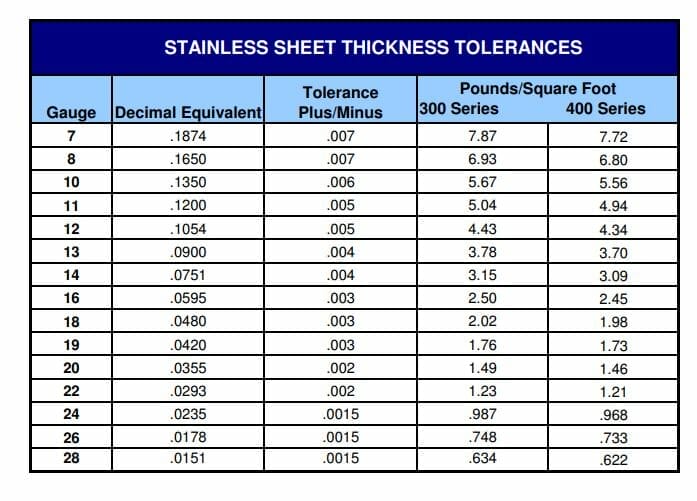


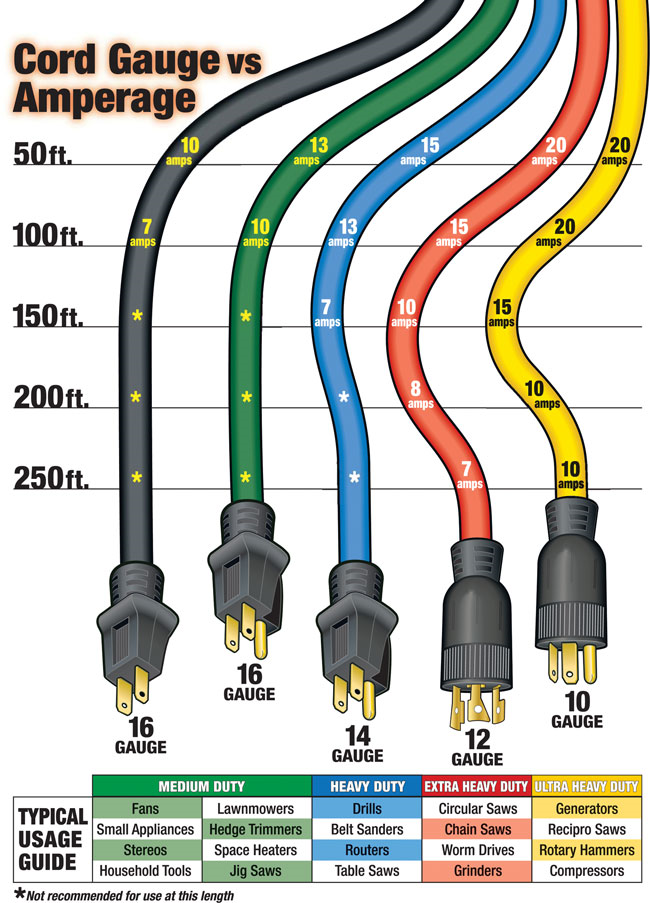

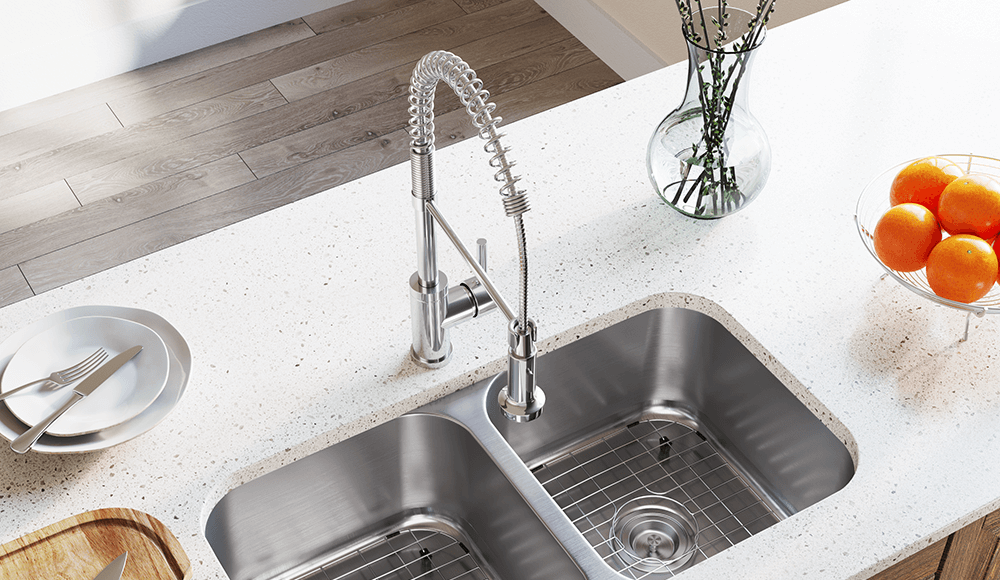













:max_bytes(150000):strip_icc()/Basic-kitchen-sink-types-1821207_color_rev-0b539306b9ef4236a136624ad2a89a4c.jpg)

